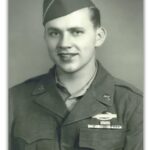
On this day in 1987, a Medal of Honor recipient passes away. Ralph Neppel’s bravery had come 43 years earlier, during World War II. Perhaps no one expected a farm boy from Iowa to be a war hero?
Neppel had been among those landing at Normandy in the days after D-Day, and he was among those fighting their way through Germany in the weeks and months that followed. He’d been promoted to Sergeant, and he was leader of a seven-man squad.
The young soldier had been edgy in the early days of his service, but now he was becoming battle hardened. “I’m getting to be an old veteran already,” he wrote his fiancé. “And I have more guts than I thought I had . . . P.S. If you can pray, hon, it sure helps up here.”
Neppel’s heroism came on December 14, 1944. Allied forces had just secured the village of Birgel, Germany, but American officers were worried about a counterattack. Neppel and his squad were ordered to establish a position near one of the main roads into the village. They were to defend it at all costs.
The German counterattack came just as night was falling. An enemy tank accompanied by 20 infantry worked their way toward Neppel’s squad, firing as they went.
“[Neppel] held his fire until the Germans were within 100 yards,” his Medal citation explains, “and then raked the foot soldiers beside the tank, killing several of them. The enemy armor continued to press forward, and, at the point-blank range of 30 yards, fired a high-velocity shell into the American emplacement, wounding the entire squad.”
The blast knocked Neppel about ten yards from his gun. One of his legs was ripped off beneath the knee. His other leg was a mangled mess. But the tank and the German infantry were still approaching, and Neppel knew what he had to do.
It must have been agonizing, but he crawled back to his gun on his elbows. He remounted it and fired relentlessly at the approaching enemy until he’d singlehandedly taken out all of the remaining Germans. Without supporting infantry, the German tank withdrew also.
Neppel slumped over his gun, weak from blood loss. Fortunately, a medic wasn’t far away, and Neppel got the help he needed before it was too late. He would eventually recover, but only after months in the hospital—and only after losing both his legs below the knee.
Nevertheless, Neppel maintained his cheery demeanor.
“That guy doesn’t give the rest of us a chance to feel sorry for ourselves,” one of his fellow patients said. “He goes to bed smiling and wakes up laughing.”
Neppel’s one worry was that his fiancé wouldn’t want to marry him anymore, but she had a different worry. Would he be the same “big old happy Ralph” after his experiences?
She needn’t have worried. “When she went in the [hospital] room,” one journalist later recounted, “he was sitting on the side of the bed. Smiling. Arms outstretched. When she left, there was no doubt they would be married soon. The question hadn’t even come up.”
Neppel learned he was to receive the Medal of Honor not long before their wedding. He didn’t think he deserved a Medal, of course, later saying that he “felt kind of cheap” because others had been killed while he’d survived. “The heroes don’t live,” he concluded.
His country disagreed, of course. Neppel received the Medal of Honor in August 1945.
Rest in peace, Sir.
If you enjoy these history posts, please see my note below. 🙂
Gentle reminder: History posts are copyright © 2013-2025 by Tara Ross. I appreciate it when you use the shar e feature instead of cutting/pasting.
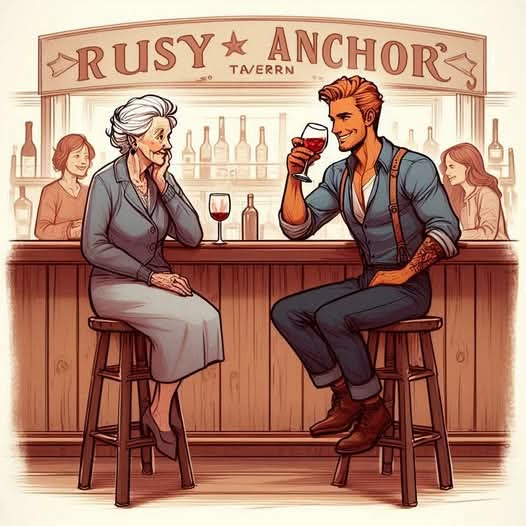
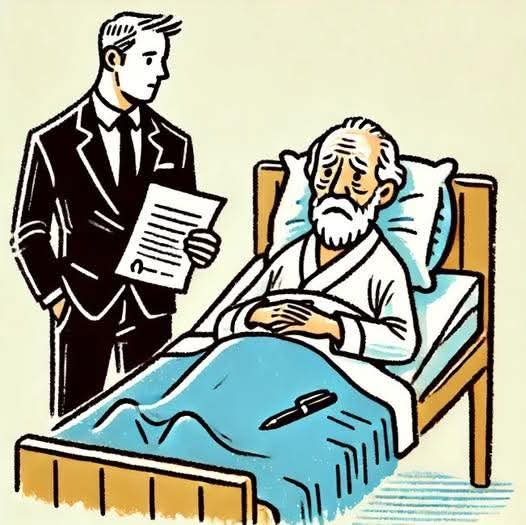

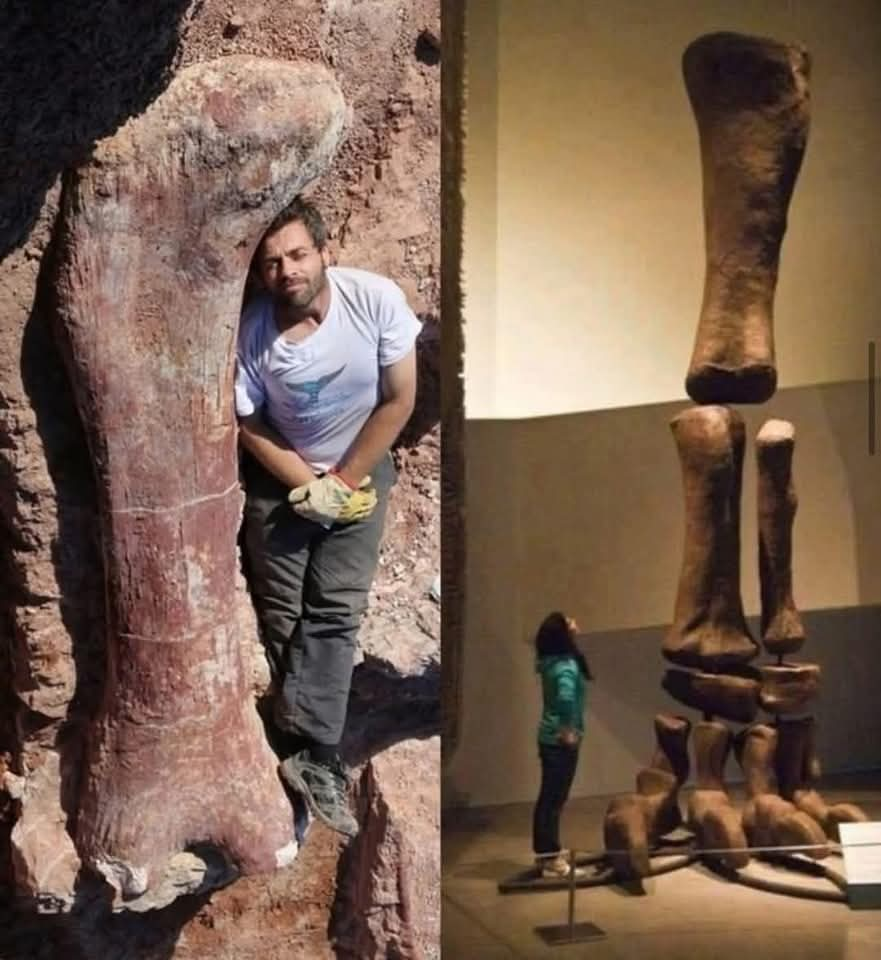
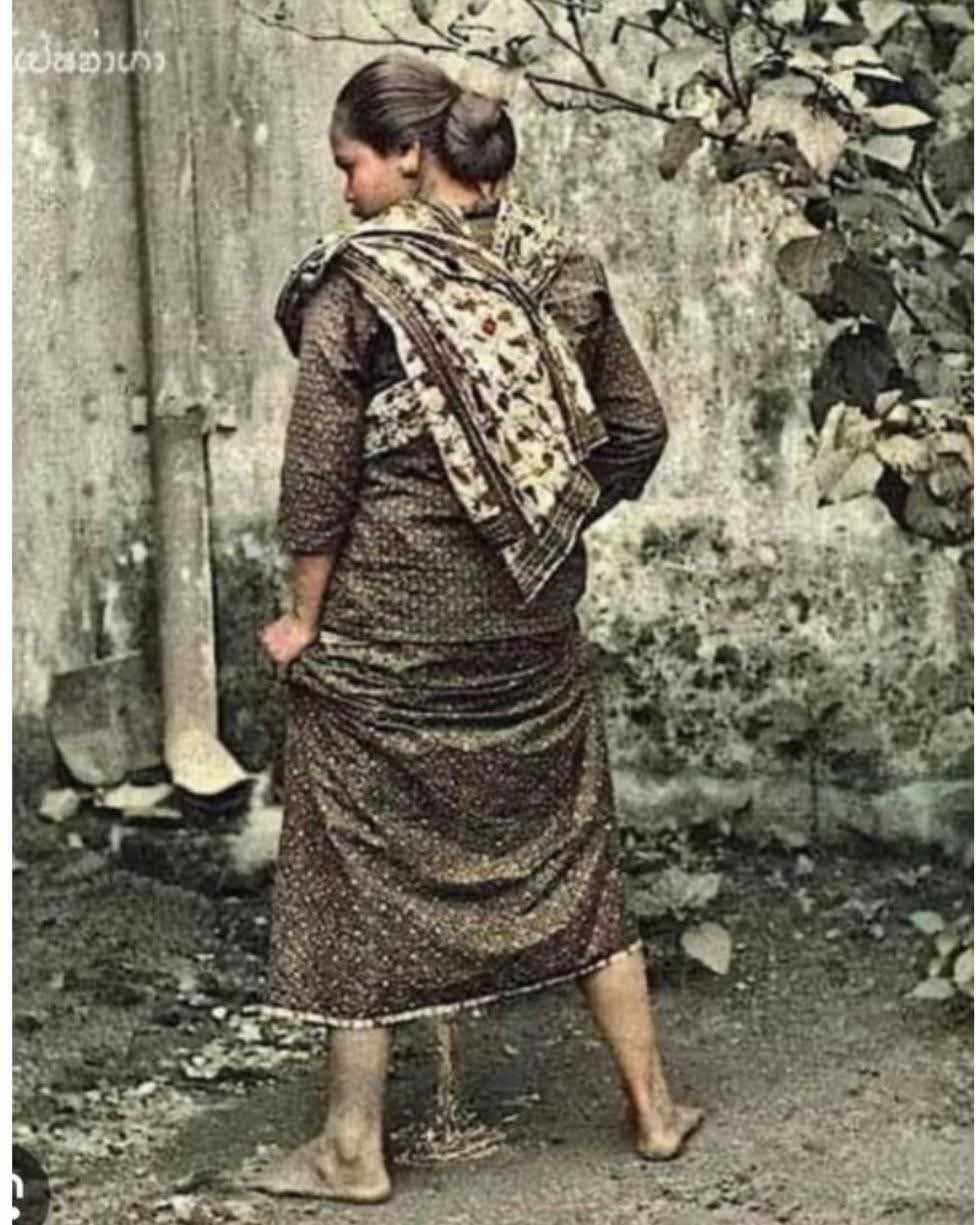
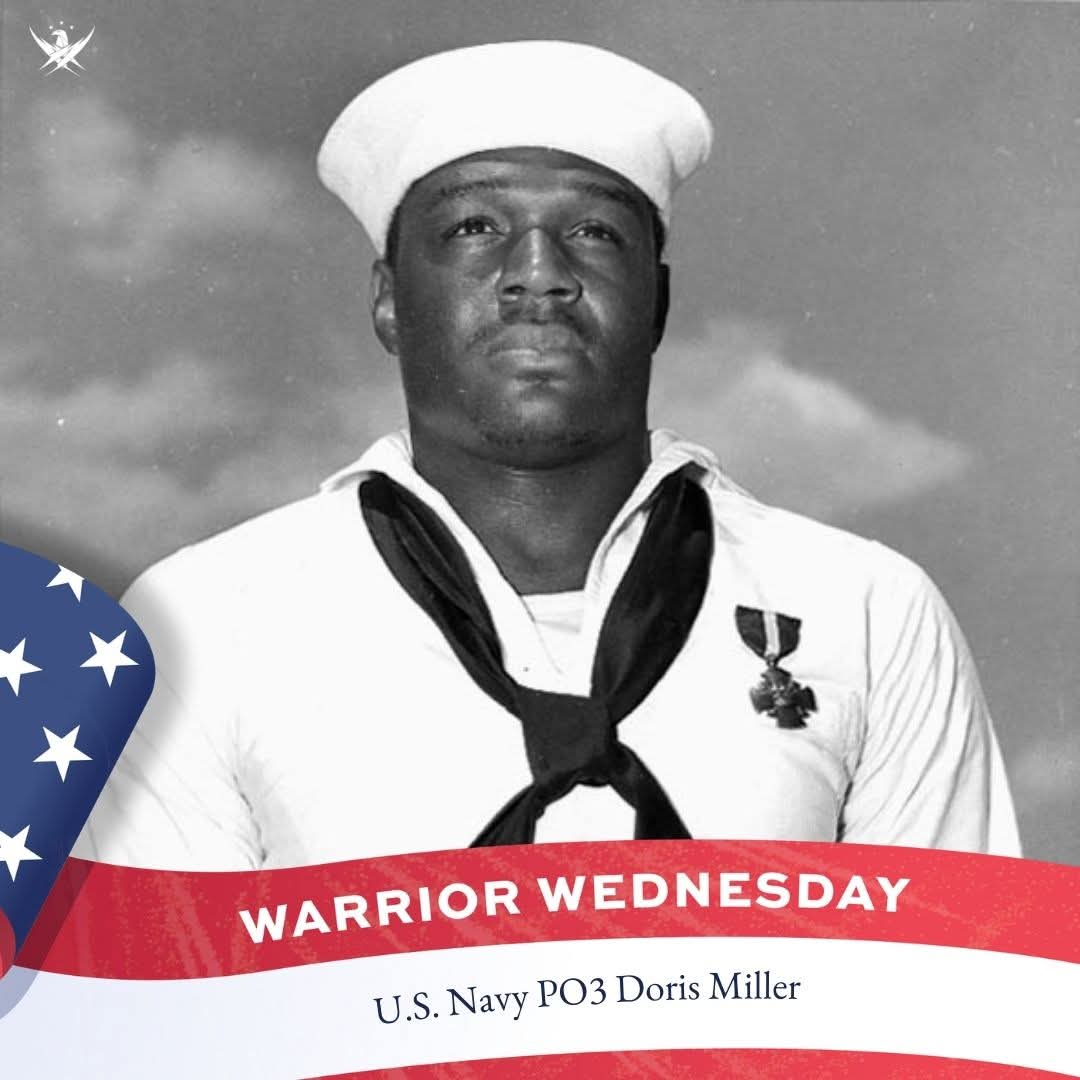
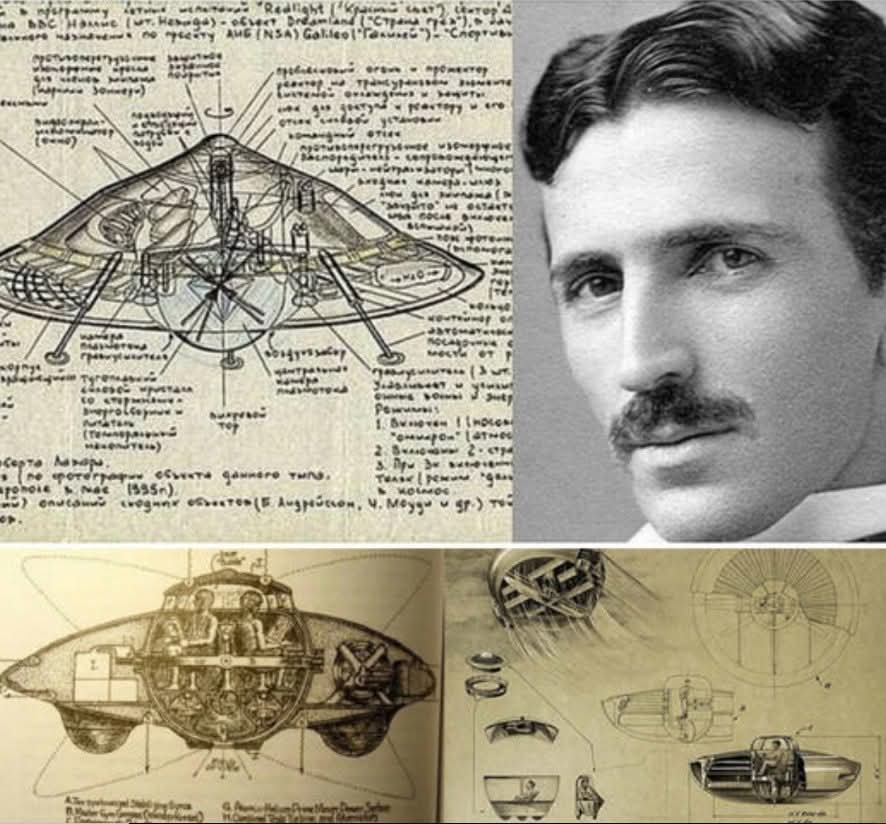
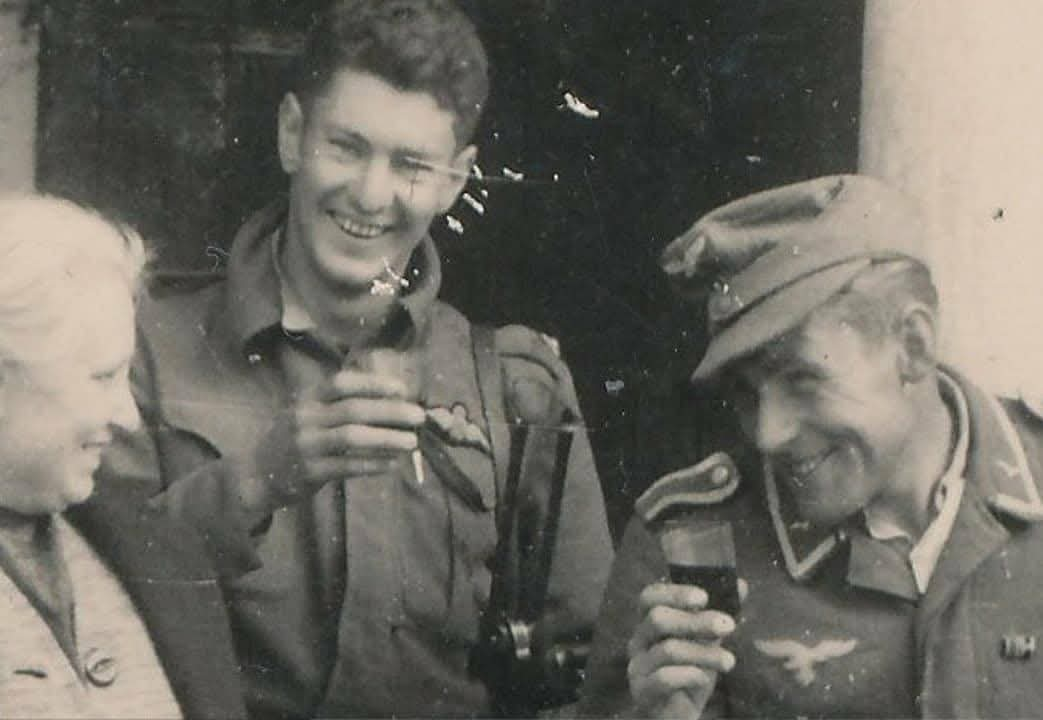
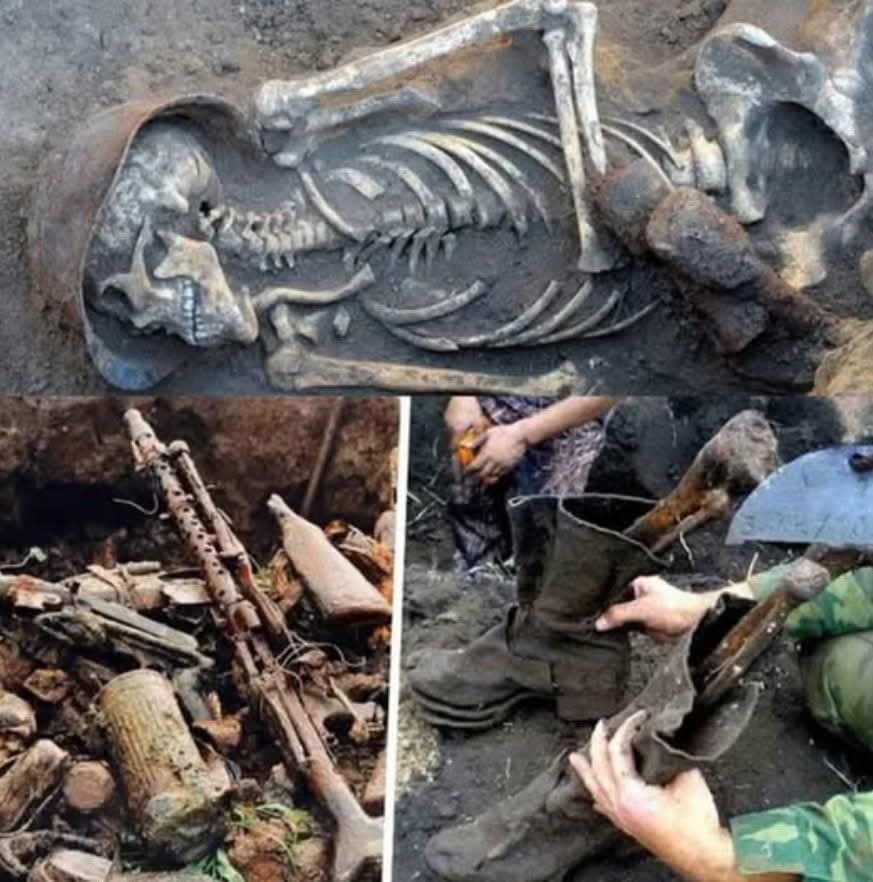

Leave a Reply